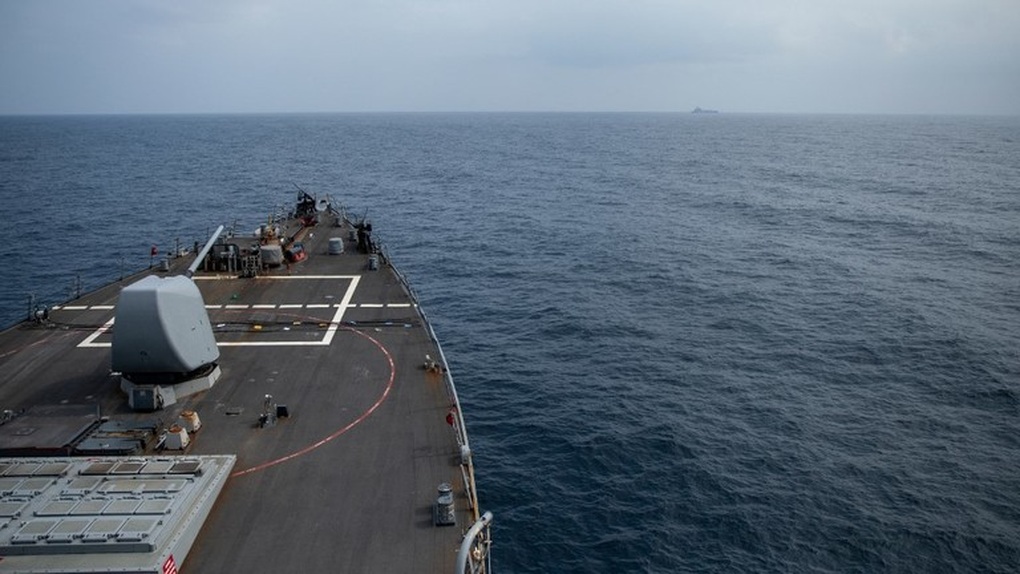
US warship patrols the Red Sea (Photo: AFP).
"Now the US, UK and Israel are carrying out attacks on Hodeidah, Sanaa, Dhamar and Saada. We will respond to them," Houthi spokesman Abdulsalam Jahaf confirmed on the morning of January 12.
Reuters quoted local witnesses as saying there were at least three explosions in the capital Sanaa.
A US official and a British official told CNN that the US and British militaries conducted strikes against multiple Houthi targets in Houthi-controlled areas of Yemen.
The strikes were carried out by fighter jets and Tomahawk missiles. A US official said more than 10 Houthi targets were hit by missiles from the air, sea and side-launchers. The targets were targeted because they were capable of undermining the Houthis’ continued attacks on ships in the Red Sea.
Houthi targets attacked included radar systems, drone storage areas, ballistic missiles and weapons firing positions.
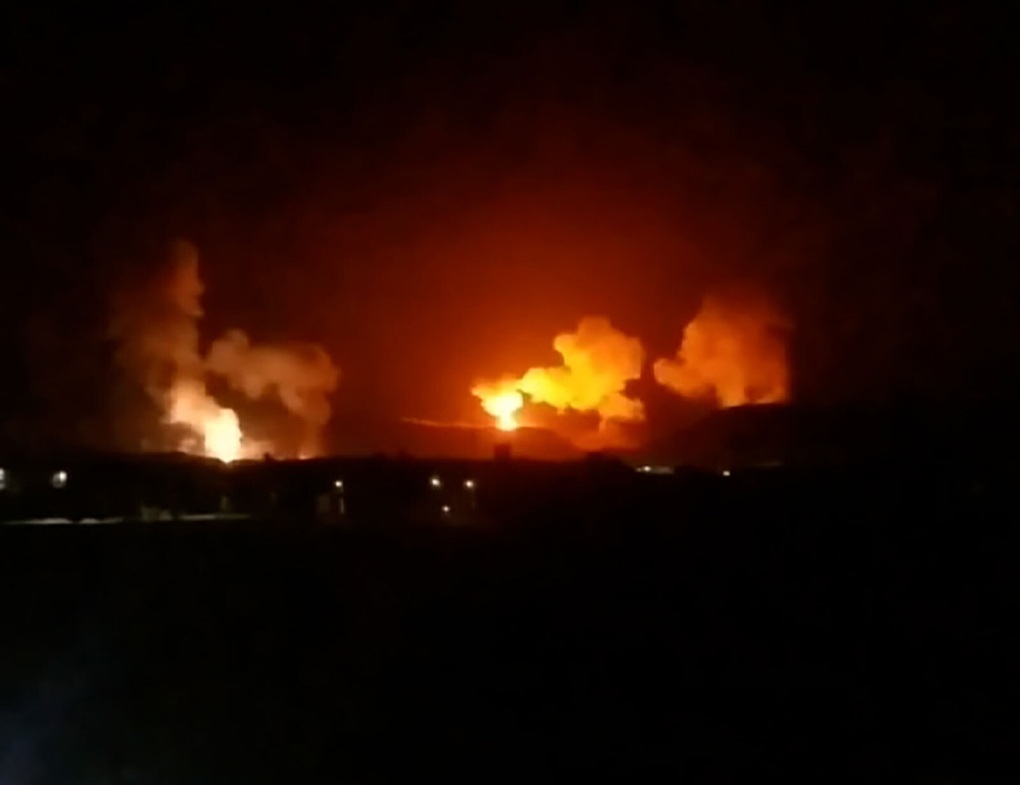
Image taken from video shows multiple explosions in Sanaa Yemen on January 12 (Photo: Sputnik).
US President Joe Biden said the US and UK strikes on Houthi-controlled areas in Yemen were in "direct response to unprecedented Houthi attacks on international vessels in the Red Sea".
“These attacks (by the Houthis) have endangered American personnel, sailors and our partners, endangered commerce and threatened freedom of navigation,” Biden said.
Mr Biden said the Houthi attacks in the Red Sea had had a widespread impact, affecting commercial shipping from more than 50 countries.
According to some US officials, Washington has fired missiles from aircraft, warships and submarines at Houthi targets in Yemen.
An official told CNN that the deployed submarine, the USS Florida, entered the Red Sea on November 23, 2023. Like the warships involved in the attack, the submarine fired Tomahawk cruise missiles, the official said.
According to another official, several countries have supported the US and UK strikes.
In a statement shortly after the attack, British Prime Minister Rishi Sunak said it was a "necessary, limited and proportionate" act of self-defence. He said "the Royal Air Force has carried out targeted strikes against military facilities used by the Houthis in Yemen."
"In recent months, the Houthis have carried out a series of dangerous and destabilising attacks on commercial shipping in the Red Sea, threatening British and other international vessels, causing major disruption to vital trade routes and pushing up commodity prices," Mr Sunak stressed.
The head of the British government said that the Houthis' reckless actions were endangering the lives of seafarers and exacerbating the humanitarian crisis in Yemen.
Mr Sunak said the UK always supports freedom of navigation and the free flow of trade. "We have therefore taken limited, necessary and proportionate action in self-defence, alongside the US and with support from the Netherlands, Canada and Bahrain, against targets associated with these attacks, to degrade the Houthi military capability and protect global shipping," Mr Sunak stressed.
In a speech on January 11, Houthi leader Abdul Malek Al-Houthi said any US attack on Houthi targets in Yemen would be met with a response, warning that the Houthi response would be stronger than attacks on US ships in the region.
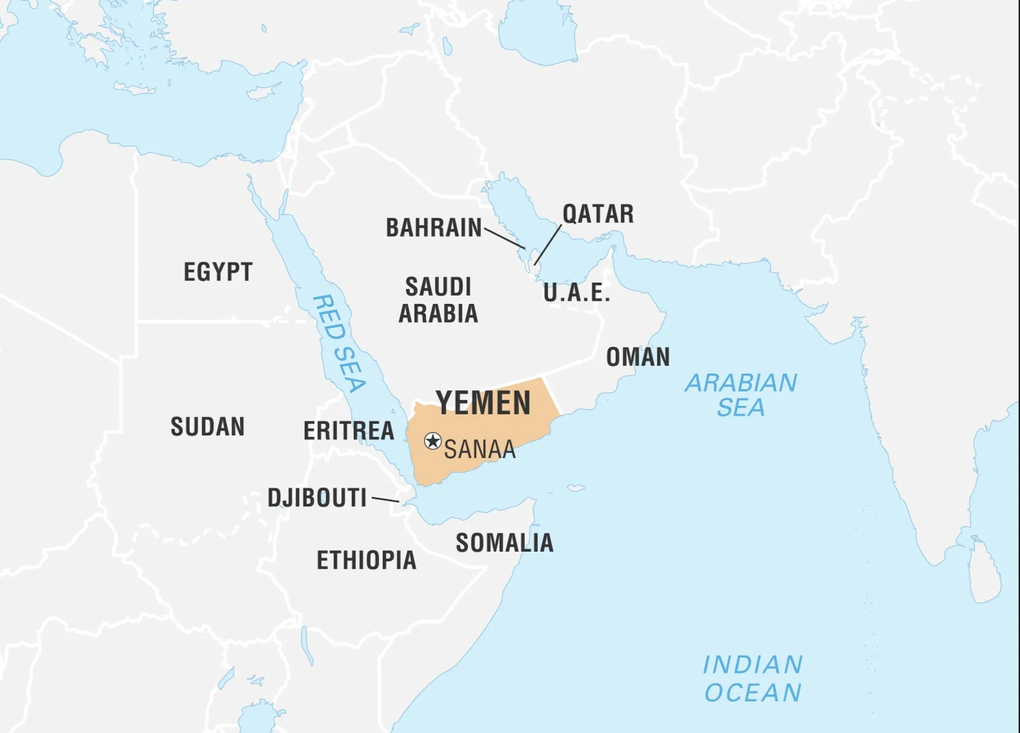
Map showing the location of Yemen and the Red Sea (Photo: Britannica).
The West has accused the Houthis of attacking merchant ships passing through the waters. Earlier this week, Western warships in the Red Sea intercepted more than 20 Houthi missiles and drones.
The US Central Command announced on January 9 that its ships and aircraft shot down more than 20 missiles and drones launched at ships in the Red Sea.
"We cannot afford to have a situation where vital shipping lanes, vital shipping routes around the world, are cut off, so we must act," British Defense Secretary Grant Schapps said.
Houthi spokesman Abdulsalam Jahaf fired back at Washington and London, declaring that the Houthis would respond to any US attack, burning warships as well as all US and allied bases.
The Red Sea is home to one of the world's most important maritime trade routes and the attacks have had a far-reaching impact, with at least 44 countries having links to ships attacked by the Houthis and international trade generally disrupted.
Attacks in the Red Sea have escalated since the start of the war between Israel and Hamas in early October. As Israel stepped up its retaliation for the attacks, the Houthis began targeting ships they accused of supporting Israel’s war effort, although many of the companies targeted said they had no connection to Israel or the Israel-Hamas conflict.
Source


![[Photo] Prime Minister Pham Minh Chinh receives Rabbi Yoav Ben Tzur, Israeli Minister of Labor](https://vphoto.vietnam.vn/thumb/1200x675/vietnam/resource/IMAGE/2025/5/21/511bf6664512413ca5a275cbf3fb2f65)

![[Photo] Coming to Son La, let's "show off" with the Wallflowers](https://vphoto.vietnam.vn/thumb/1200x675/vietnam/resource/IMAGE/2025/5/21/627a654c41fc4e1a95f3e1c353d0426d)
![[Photo] Scientific workshop "Building a socialist model associated with socialist people in Hai Phong city in the period of 2025-2030 and the following years"](https://vphoto.vietnam.vn/thumb/1200x675/vietnam/resource/IMAGE/2025/5/21/5098e06c813243b1bf5670f9dc20ad0a)
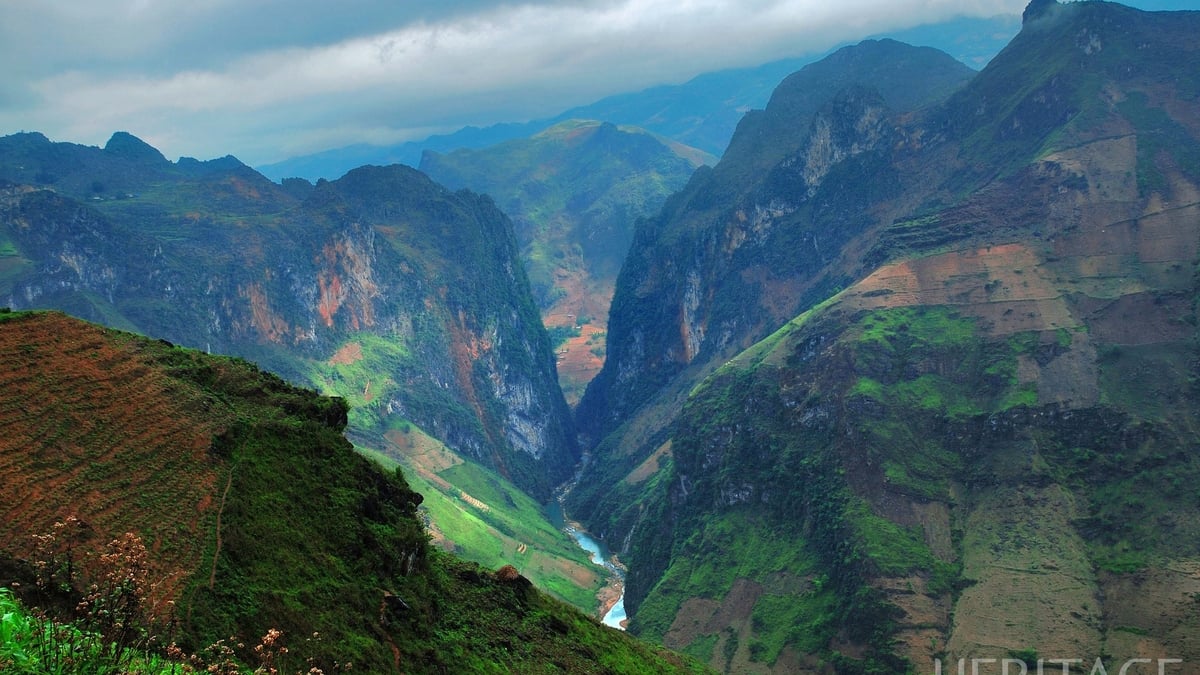
![[Photo] Prime Minister Pham Minh Chinh receives the President of Asia-Pacific region of PowerChina Group](https://vphoto.vietnam.vn/thumb/1200x675/vietnam/resource/IMAGE/2025/5/21/0f4f3c2f997b4fdaa44b60aaac103d91)


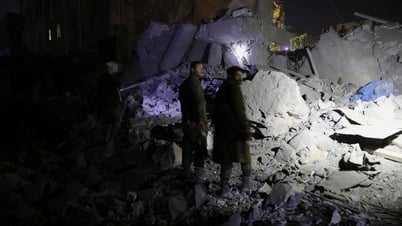

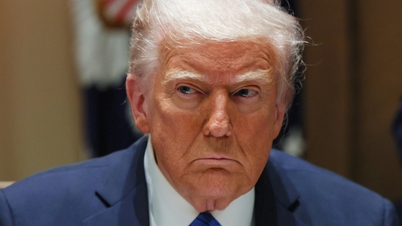
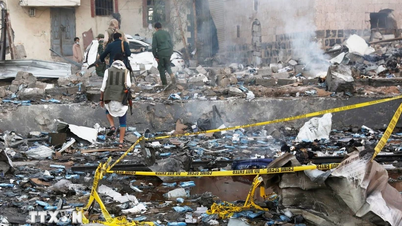


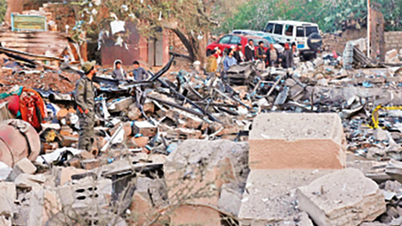

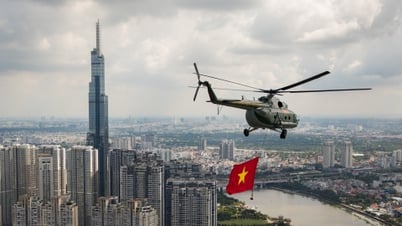







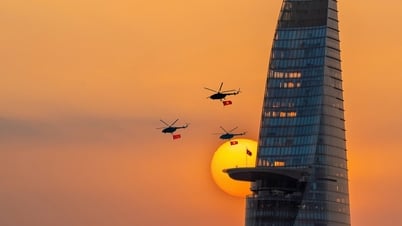














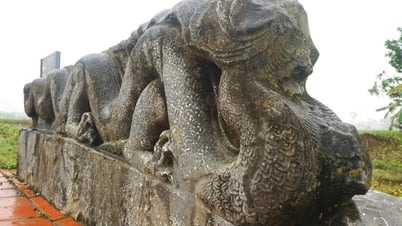




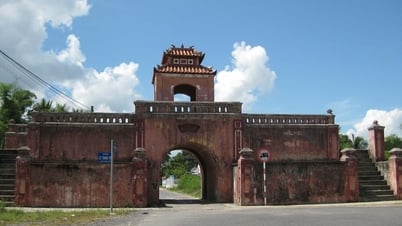










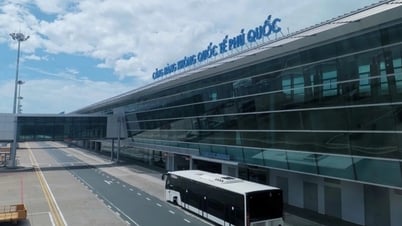






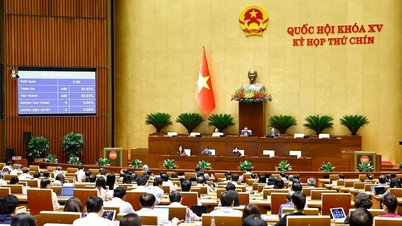





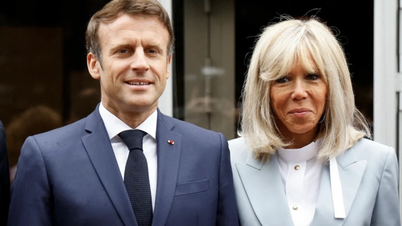



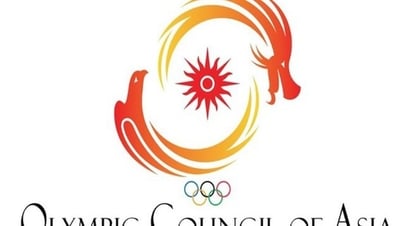
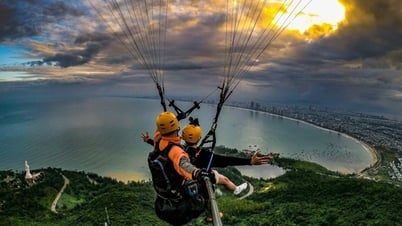




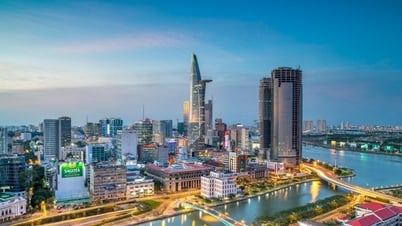


















Comment (0)